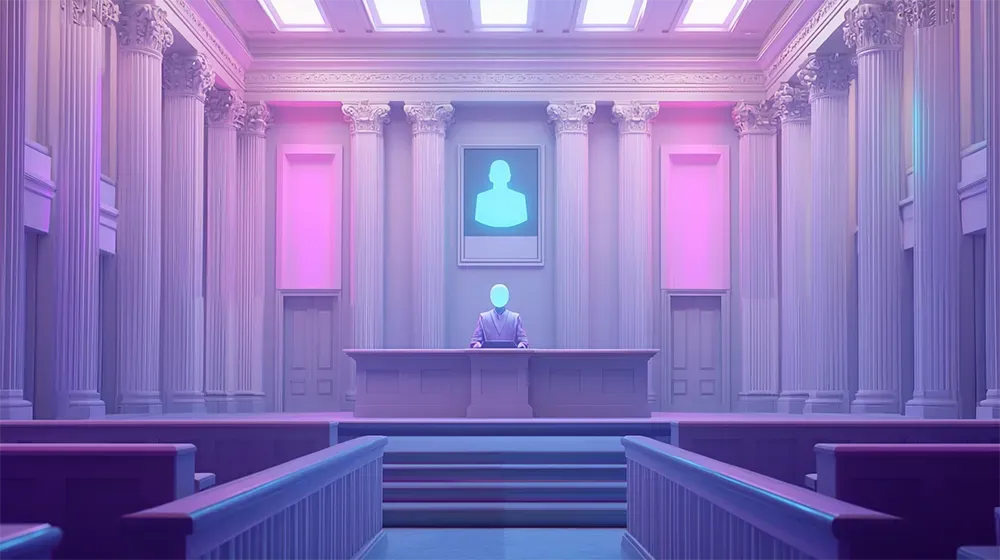Objection, Your Honor: That Lawyer Doesn’t Exist

An AI just tried to argue a legal case in New York, and it wasn’t the judge who objected first, it was reality.
In a surreal courtroom twist, a New York plaintiff used an AI-generated avatar to argue his case, without disclosing it. The smiling, well-spoken virtual “lawyer” opened with the classic line, “May it please the court,” before the real court swiftly shut it down.
The judges weren’t amused. The plaintiff, Jerome Dewald, later admitted the avatar was created using San Francisco-based software to avoid public speaking anxiety. While courts in Arizona now use avatars to summarize rulings, this incident sparked renewed debate over AI’s role in legal proceedings.
- AI hallucinations have previously led to fictitious case citations
- Some courts now use avatars for legal summaries
- Pro se litigants lack clear AI usage guidelines
What happens when courtroom tradition collides with synthetic confidence? As AI tools become courtroom actors, how should we redesign rules of engagement, responsibility, and identity in institutions built on human credibility?
Read the full article on AP News.
----
💡 We're entering a world where intelligence is synthetic, reality is augmented, and the rules are being rewritten in front of our eyes.
Staying up-to-date in a fast-changing world is vital. That is why I have launched Futurwise; a personalized AI platform that transforms information chaos into strategic clarity. With one click, users can bookmark and summarize any article, report, or video in seconds, tailored to their tone, interests, and language. Visit Futurwise.com to get started for free!






